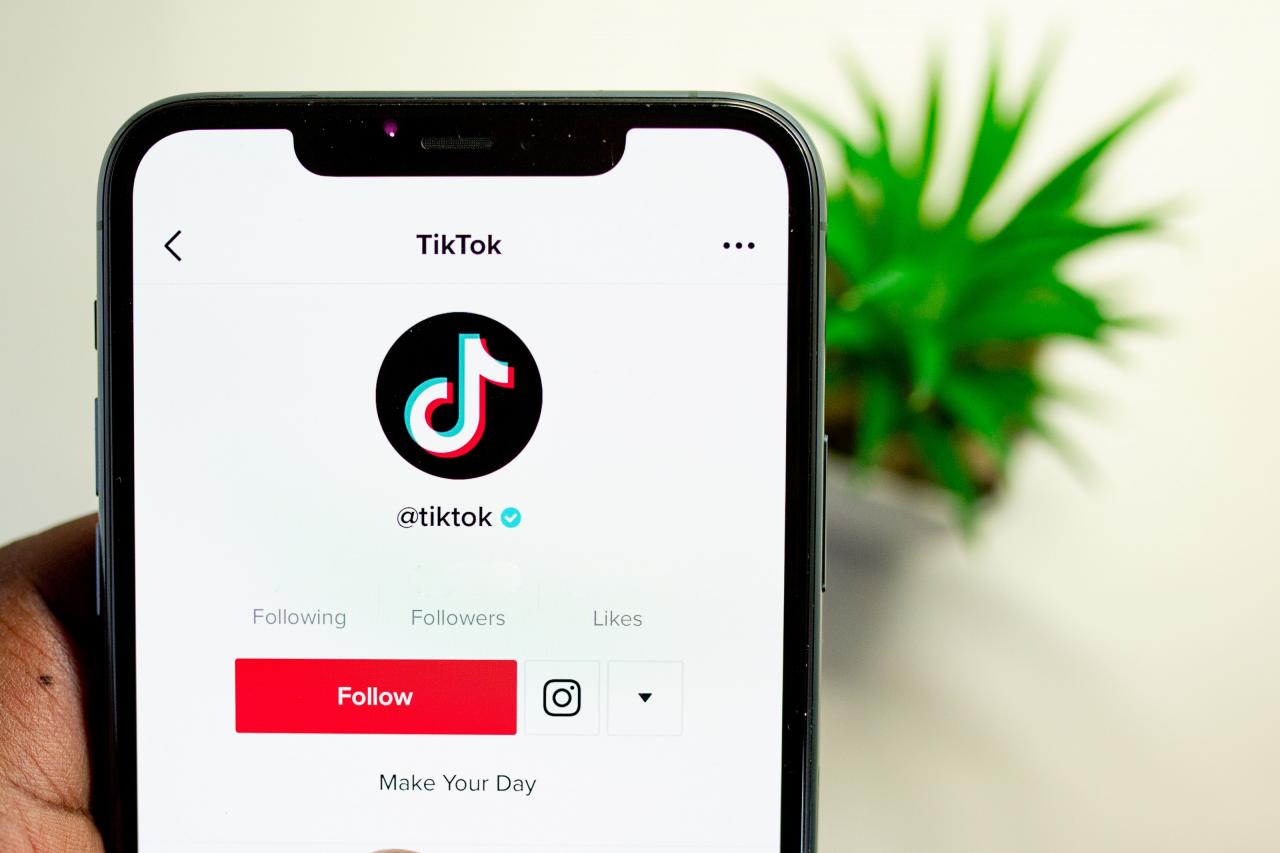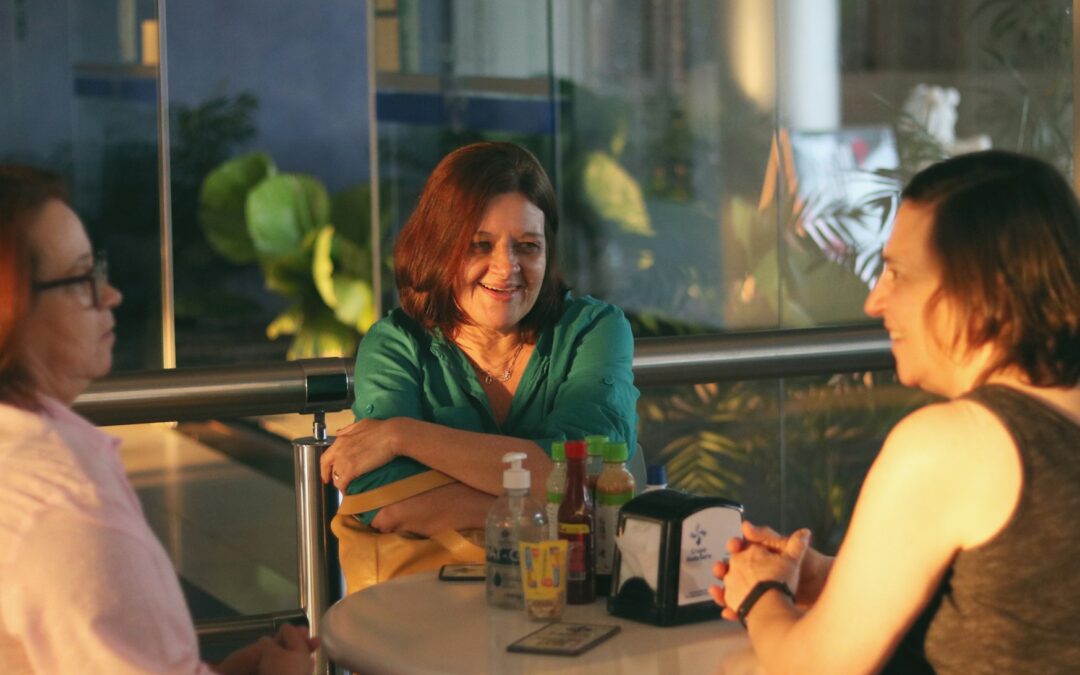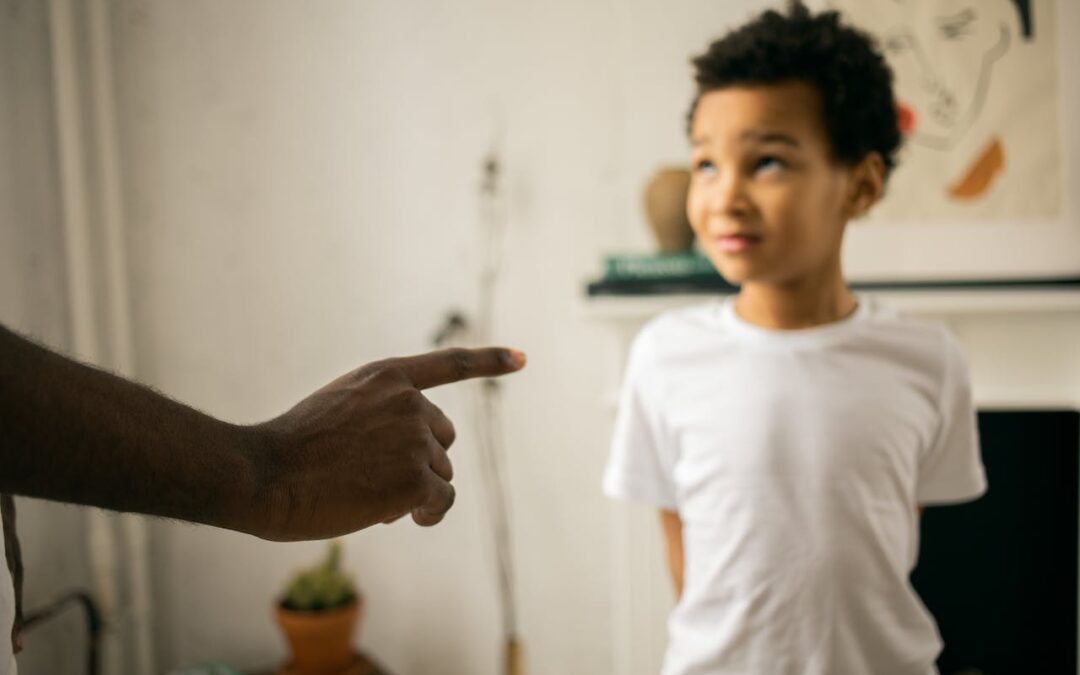Tik Tok has become the hottest social media app amongst today’s youth, with most of its users of 26% being between 18 and 24 years old. It is currently the world’s sixth most popular social media app, with users spending approximately 41 minutes per day on it.
One of the most common concerns about this platform is its influence on one’s mental health. Some parents are concerned that using TikTok can put children in danger by affecting their self-esteem, potentiating depression, and developing impractical expectations. These are some studies displaying the impact on mental health correlated with the use of social media platforms, especially TikTok.
Jeopardizing Privacy
TikTok can harm your and your children’s privacy. In general, children are unaware of the privacy risks of showcasing their personal lives to others. Teenagers film TikTok videos in their home, showing off the interiors, sharing their whereabouts, showing off their parents’ cars, and more details that can unintentionally let strangers track them.
No matter what, there will always be people taking advantage of others and taking the chance to exploit them with voluntarily provided personal information. This can invite negative occurrences of criminal acts or mishaps that can change a person’s life forever that can be easy to fix as deleting posts or comments.
To prevent this should think about putting a VPN on your child’s smartphone. VPNs will mask the user’s original IP address, keeping their online activity hidden.
Exposure To Predators
While the company is working hard to address the issue of predators reaching out to young children, it is still a problem on TikTok. Even though the network is geared towards teens and children, many older users have.
These grown individuals share explicit messages and photographs with children, which can develop a sense of anxiety and fear in children. There have been countless cases where parents have been forced to report predatory behavior to the authorities.
Unnecessary Criticism And Negative Comments
Negative comments are a frequent problem on nearly all social media networks. The more subscribers a platform has, the more likely it will receive unwanted comments. Even TikTok’s most prominent content creators have voiced their concerns about the negative comments they receive.
Criticism over social media such as body-shaming and/or other forms of discrimination can significantly impact the self-esteem and confidence of these young minds. Blindly believing these comments can have profound consequences like anxiety and depression.
Low Self-Esteem
A significant number of negative comments, or even just one, can damage self-esteem. Social networks like TikTok, Facebook, and Instagram have been condemned for destroying teen mental health. Social media is attributed to a negative impact on mental health that starts at a young age and continues into adulthood impacting their developmental growth.
Final Thoughts
Young people today are locked in a scenario where they feel lonely while also being vulnerable to the criticism of peers and strangers worldwide. However, it is possible to create a positive connection with social media through limiting the dependence on social media, taking better care of ourselves, and adopting the appropriate mentality.




